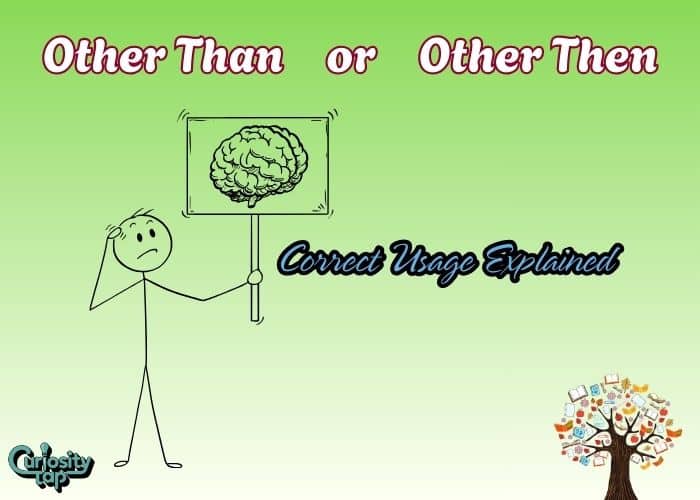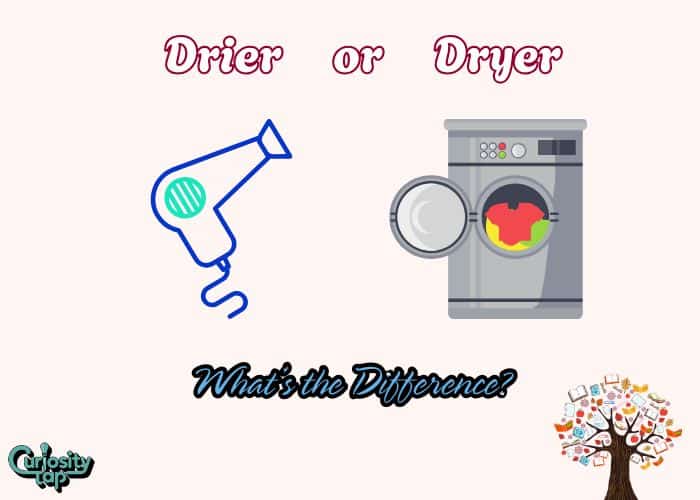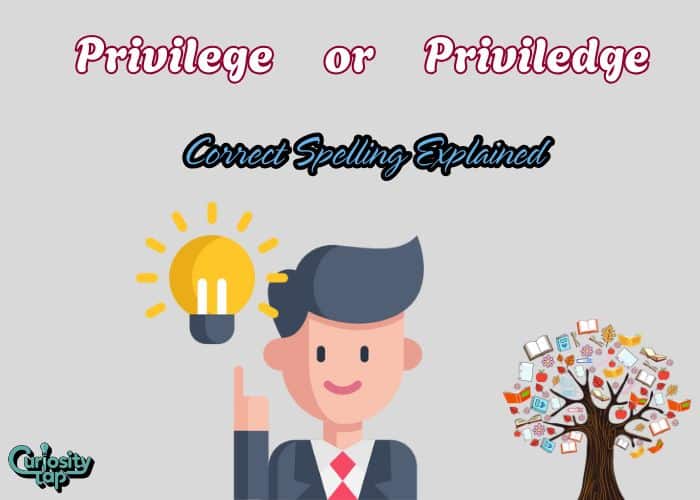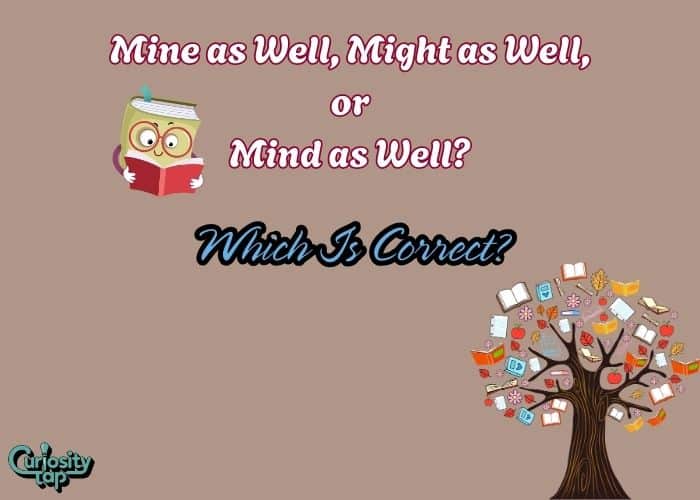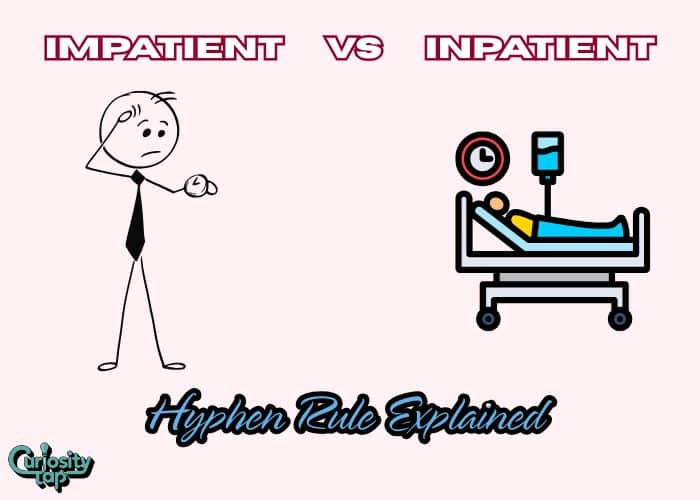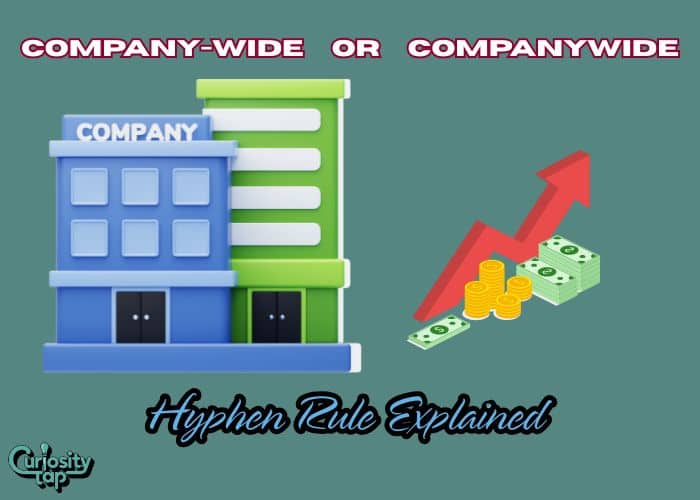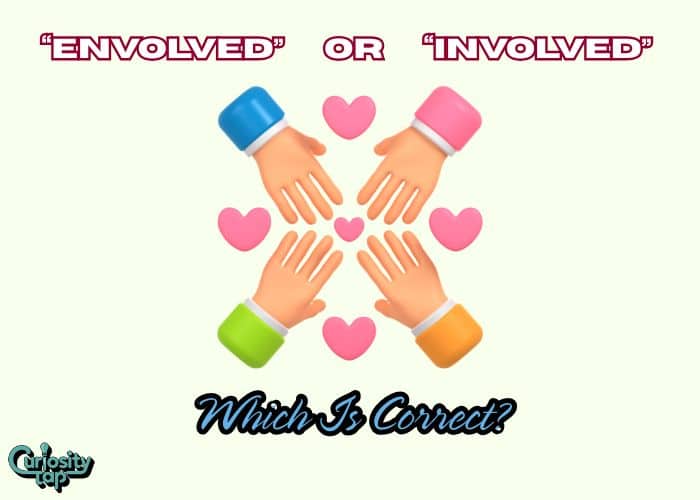Excel vs Accel: Can You Spell It Right?
Spelling can make or break clarity in writing. One of the most confusing pairs people mix up is Excel vs Accel. At first glance, both look similar, but only one is widely correct in most contexts. Misusing these words can cause misunderstandings, whether in professional emails, academic work, or business branding. In this article, we’ll […]
Excel vs Accel: Can You Spell It Right? Read More »


